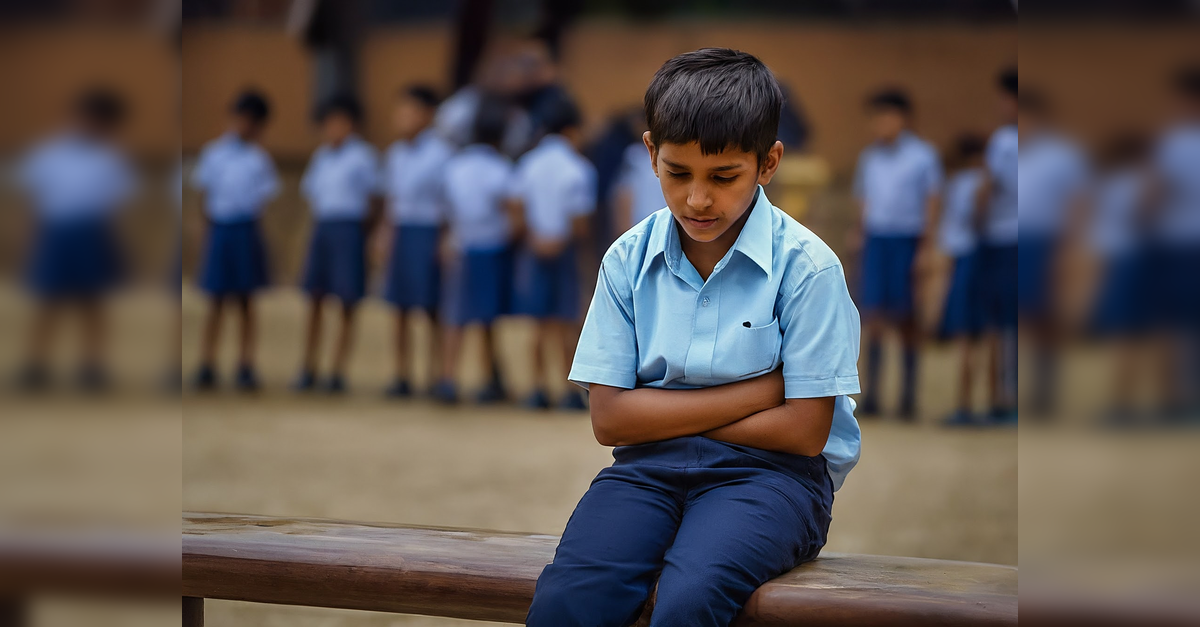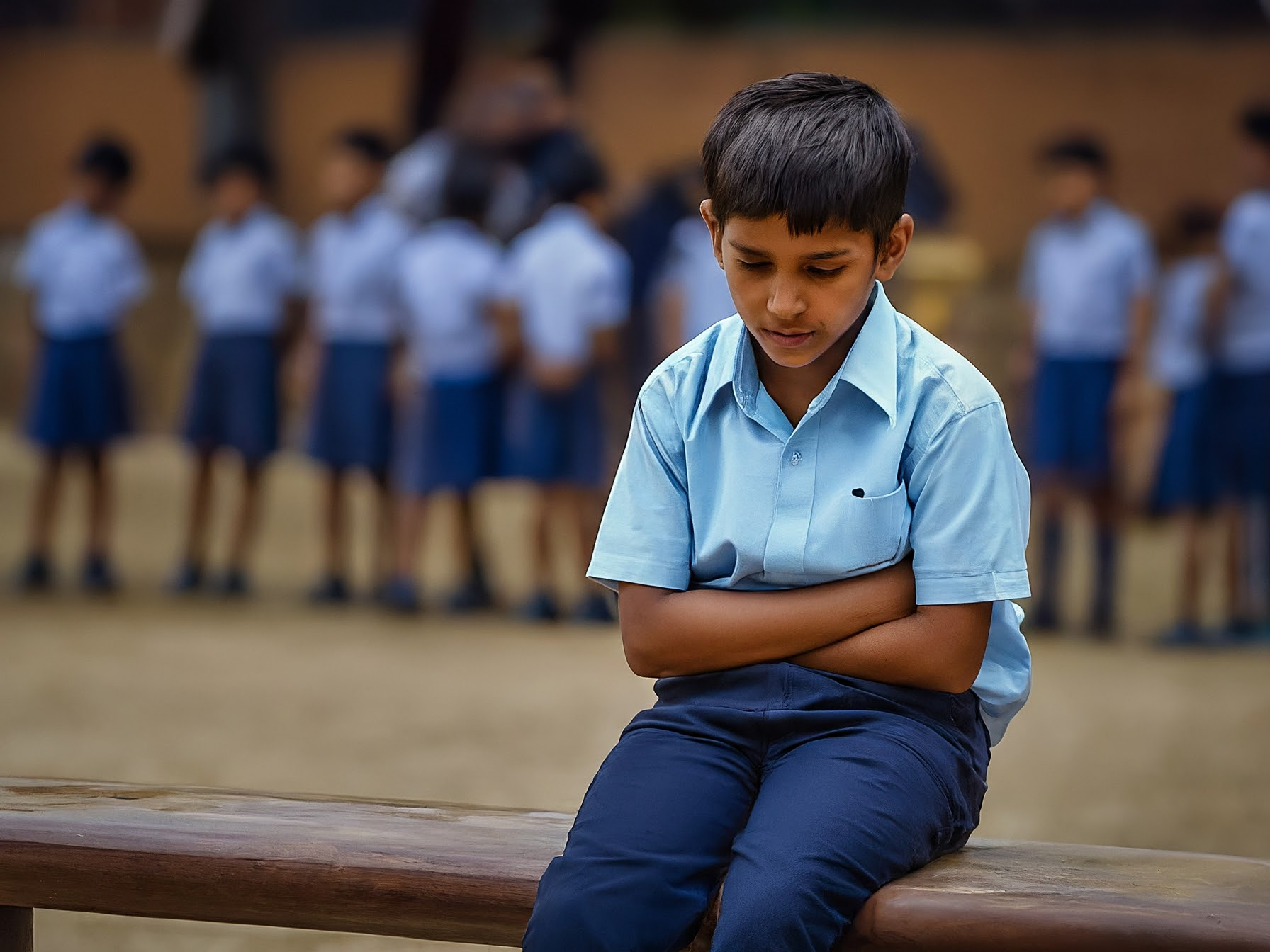
23% schools in Goa lack anti-bullying policies, 29% kids report being hit by peers, shows NCERT survey, ET Education

Panaji: Though 70 to 80% of Goa schools have all the necessary physical infrastructure, such as separate toilets for girls and boys and functional laboratories, the state schools still have to create a safe, inclusive, and emotionally secure environment for students. The survey ‘Parakh Rashtriya Sarvekshan 2024’, conducted by the NCERT under the Union education ministry, has shown this.
According to the survey, 23% of schools in Goa were found not to have an anti-bullying policy.
The impact of this was visible on students, as per the survey results.
Thirty-seven percent of children reported being teased by other students, 36% said they were made fun of by their classmates, 29% reported being hit or pushed around by their classmates, and 25% said they experienced being threatened by peers.
“A safe and respectful school environment is essential for students’ emotional well-being and academic success,” the report said.
“However, some students continue to face issues such as being teased, ridiculed, physically pushed, excluded from group activities, or threatened by their peers, with a few also reporting feelings of insecurity within the school premises. These incidents are deeply concerning, as they can lead to emotional distress and hinder students’ overall development,” the report noted about the Goa survey results.
Despite the seriousness of these challenges, some schools still lack clear policies to address bullying, discipline, sexual harassment, and matters related to Pocso, the NCERT report said. “To respond effectively, schools must implement child-friendly grievance redressal mechanisms and ensure that teachers and staff are properly trained to handle such issues with care and sensitivity. Promoting a culture of empathy and respect through regular classroom discussions, peer-led initiatives, and school-wide awareness programmes can further contribute to creating a safe, inclusive, and supportive environment for all learners.”The survey also said that the responses from students highlight that greater attention is needed to support students’ emotional health. This is because 22% of students surveyed in Goa said they feel stressed or worried about their school work.
A similar percentage of students spoke about not finding it comfortable to talk to someone when they feel stressed or upset. Also, 22% of students said they feel like they have to do too much work or activity beyond the classroom.
The surveyed students also included 20% who reported feeling sad or unhappy, while 27% of teachers said that social-emotional learning of students is not in the hands of a teacher.
“Emotional and psychological challenges affect many students, including stress from academic work, feelings of sadness or unhappiness, reluctance to attend school, and external pressures. Certain teachers find it difficult to address the social-emotional needs of students or resolve conflicts within the classroom. To address these issues, schools should provide comprehensive mental health programmes and professional development for teachers, equipping them with the tools to identify and support students’ emotional well-being,” the report said.
Source link



